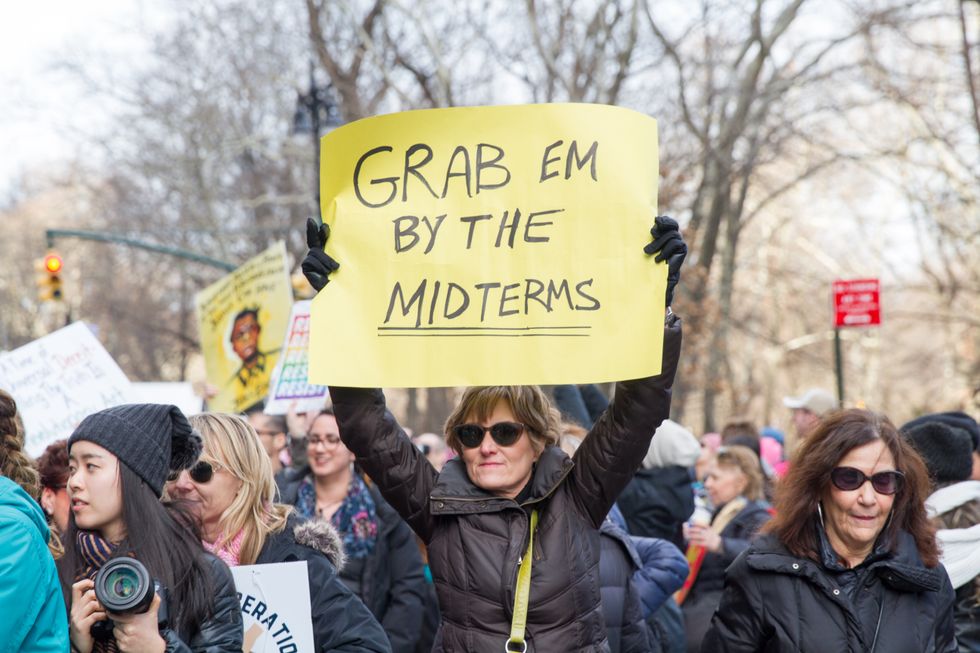There are a million reasons why this year's midterm elections should have everyone at the polls voting. One just got added to the list for Floridians.
This past week the ACLU of Florida and Floridians for a Fair Democracy celebrated a win--a small victory in a long battle, but a victory nonetheless. Their Voter's Restoration Amendment (aka Second Chances) has officially been added to the ballot. What is this amendment, you say?
According to the Bureau of Justice Statistics, about 1 in every 37 U.S. adults have served time in prison at some point. Odds are you're probably directly or just two degrees of separation from a currently or formerly incarcerated person. Florida accounts for 25% of that number.
In the state of Florida, the consequences of incarceration follow a person in ways that other states don't allow. Florida is one of four states remaining in the country that still permanently revokes a person's right to vote after a felony conviction. That means that about 1.6 million people in the state of Florida cannot vote and are left without a voice. People who have finished their sentence, who have gone through the consequences for their actions, and are still being dealt other punishments in their everyday lives outside of prison. And with that many people left out of the elections in a swing state, all of those votes make a huge difference. Second Chances is looking to change this. With the help of volunteers, enough petitions were mailed in to have the issue put to a vote.
In the upcoming state election in November, a "Second Chances" initiative will be up for vote. And I will definitely be voting yes.
As someone who tries to advocate for prisoner's rights any chance that I get, I'm overjoyed that this issue will be on the ballot, but there's obviously more to be done. So, are there other initiatives like these that Florida still has catching up to do? Yes.
As of right now, 30 states have state-wide laws to stop employers from asking questions about an applicant's criminal background during the initial application. (Hint: Florida doesn't make the list.) Oftentimes, a released individual will find themselves without a job upon reentry into society. In many cases, this can mean a return to incarceration. While many people might see the goal of prisons as just a place to put people away so this return doesn't seem like a big deal, it also means that Floridians spend an additional $19,069 per person that returns.
And especially with 46.3% of Federal incarcerated individuals being in prison for drug-related, non-violent offenses, this shouldn't stop someone from getting a job. Ban the Box is a movement that advocates for the removal of these questions from intake applications, in order to ensure fair hiring processes. With Florida lagging behind on this too, it would be prudent to start bugging our representatives and sending out petitions for this issue too. If not for this November, then for next.
But for right now, at this very moment, I'm just going to celebrate that we have the chance to change the archaic voting rules for 1.6 million people. I get to use my voice to help someone else have a voice in the election after--and that is amazing.























